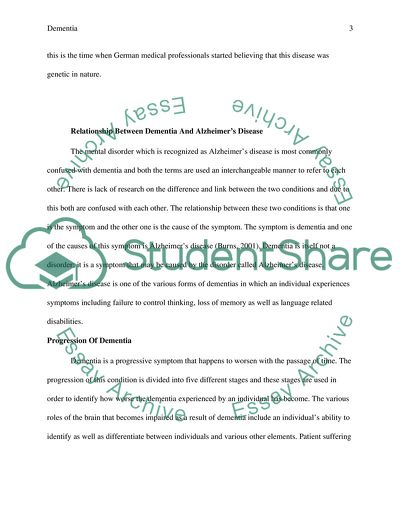Cite this document
(Relationship between Dementia And Alzheimers Disease Coursework Example | Topics and Well Written Essays - 3000 words, n.d.)
Relationship between Dementia And Alzheimers Disease Coursework Example | Topics and Well Written Essays - 3000 words. https://studentshare.org/psychology/1862592-dementia
Relationship between Dementia And Alzheimers Disease Coursework Example | Topics and Well Written Essays - 3000 words. https://studentshare.org/psychology/1862592-dementia
(Relationship Between Dementia And Alzheimers Disease Coursework Example | Topics and Well Written Essays - 3000 Words)
Relationship Between Dementia And Alzheimers Disease Coursework Example | Topics and Well Written Essays - 3000 Words. https://studentshare.org/psychology/1862592-dementia.
Relationship Between Dementia And Alzheimers Disease Coursework Example | Topics and Well Written Essays - 3000 Words. https://studentshare.org/psychology/1862592-dementia.
“Relationship Between Dementia And Alzheimers Disease Coursework Example | Topics and Well Written Essays - 3000 Words”. https://studentshare.org/psychology/1862592-dementia.


